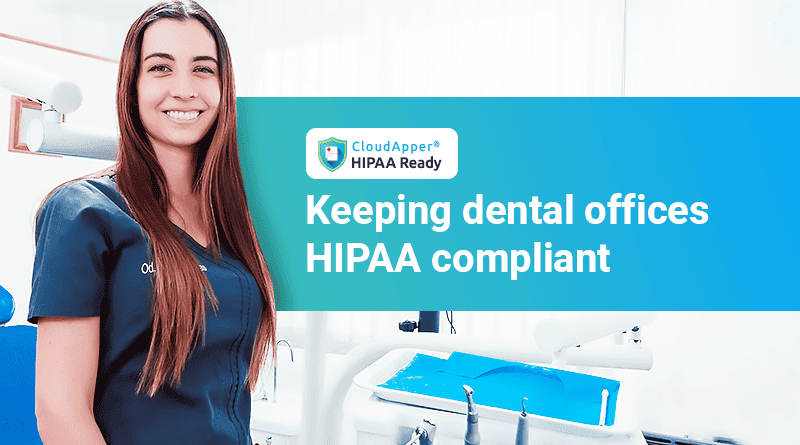Medical establishments are not run as sole proprietorship businesses. Behind the curtains are several other parties who collaborate to see that the business functions at full throttle without interfering with the dispensation of quality healthcare to patients.
The working relationship between the providers and the third-party vendors doesn’t come without its risks. The vendors need to be granted unrestricted access to the resources and user data that may be protected, that is private information of patients. These vendors are known for executing different operations that may include, IT support, medical billings, document shredding, etc. The fact that they directly or indirectly have access to otherwise protected health information (PHI) makes them nothing less than your business associates. A business associate agreement functions almost the same way as other forms of a Non-disclosure agreement (NDA). And like the establishments that fall under the NDA, business associates have their HIPAA obligations. Their topmost priority aside from performing their duties for the medical providers is to ensure the confidentiality of the PHI. They must adhere to a customized set of instructions on how to properly handle PHI materials. The most important thing to do to secure HIPAA obligations between a covered entity and BAs includes the signing of a Business Associate Agreement (BAA).
The Business Associate Agreement is a legal written agreement between the representative of an organization and the third-party vendor. The document clearly outlines the distinct roles of each party as it relates to handling PHI. Once the BAA has been signed, it secures your PHI and provides legal grounds for security in the event of a breach. The responsibility of the designed organization is to ensure that the business associate is compliant with the outlined HIPAA every time they have access to your PHI.
Covered entities – hospitals, dental firms, and such – must first lay down rules and solid groundwork before granting unlimited access to their patient’s sensitive health information. The length and content of a BAA may differ based on the nature of the vendor you are dealing with. We will now look at the basic rudiments that make up a Business Associate Agreement (BAA).
Use and disclosure cases of PHI
No party is allowed to be profligate with just anyone in sharing PHI whether it is a business associate or healthcare provider. A drawn written agreement highlighting the dos and don’t’s of the deal in place must be provided to draw the line in terms of the use and disclosure of PHI.
Business Specific Safeguards
The integrated security protocols may not be unanimous for multiple companies. What works for one vendor may not apply to the other. Providers should therefore establish a fluid workflow system and execute the necessary measures that will provide technical, administrative, and physical protection for PHI.
Breach Notification Requirements
In the case of a breach, the business associate is saddled with the responsibility of providing notifications in the event of a breach of the BAA. The business associate must adhere strictly to the specific requirements indicated in the BAA in case the worst happens. It contains strict steps that must be followed in terms of breach notifications and the necessary time frame of validity (currently, the time frame for issuing such notification is within 60 days of discovery). The HIPAA regulations must be considered in the notification of the medical provider about the breach.
BA Employee Training Requirements
HIPAA training is a prerequisite for anyone who has come in contact with any material containing PHI. All registered members of the BA company must be privy to the training requirements as indicated in the BAA on how to best treat and maintain patients’ PHI.
BAA Termination Guidelines
Measures have to be put in place concerning handling PHI following the termination of the BAA due to its expiration or maybe a separation or the medical provider elects to hire another vendor. The measures must cater to the manner of PHI disposal or return into the portfolio of the medical provider.
Guidelines for providing PHI access at patient’s request
Obtaining proper clarity about the extent of a patient’s right to access remains pretty much an uncharted territory that has eluded government enforcement measures. Thus, a BAA must stand in the gap by the inclusion of the proper policies and guidelines for responding to patient record requests.
The focus is on compliance and taking note of the requirements in the BAA is the first step. It is important to take cognizance of the trends in your field of practice by staying updated on the modifications to the HIPAA regulations to ensure that you comply. HIPAA’s compliance software, HIPAA, can be a useful tool for you.
All In One HIPAA Compliance Management Solution
It could be an accountability system of tracking how well you are doing in complying with the requirements as it relates to tasks you are obligated to carry out. The HIPAA Ready compliance management software enables users to efficiently manage training sessions with relative ease. It comes with a traditional set of training materials that will give you a headstart in your journey to handling a patient’s PHI.



















